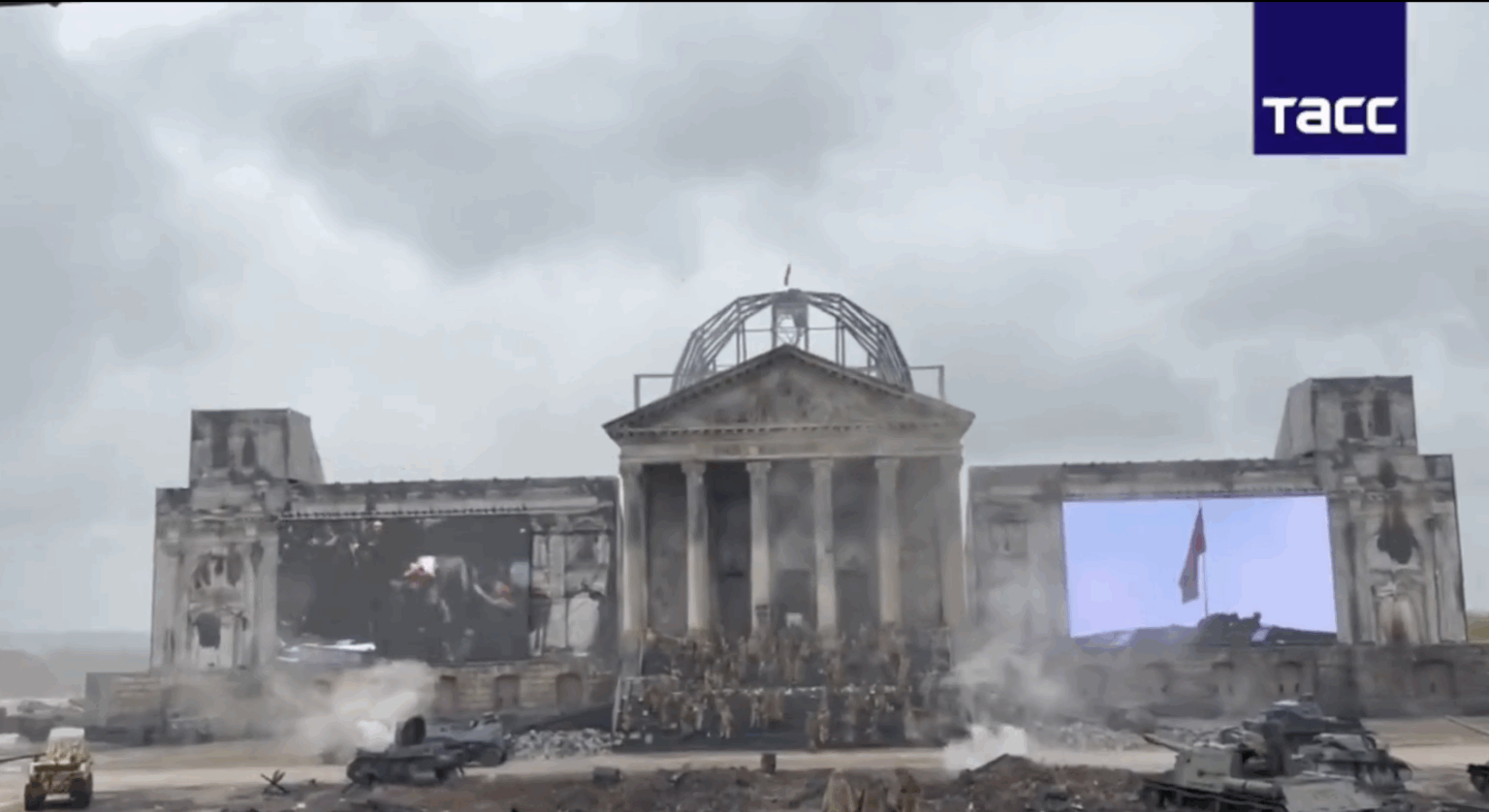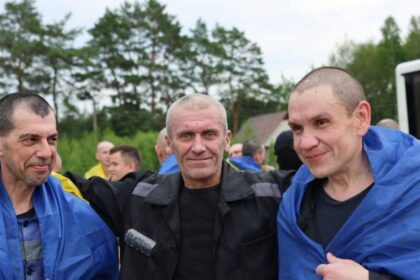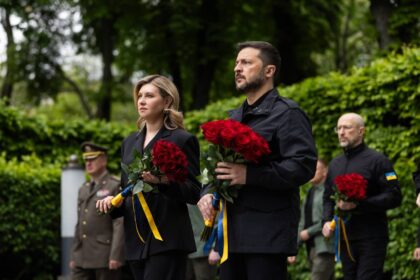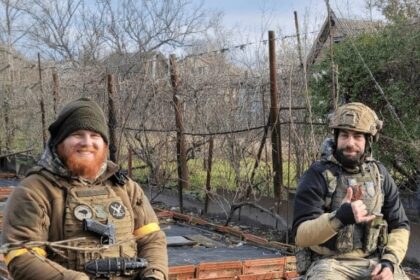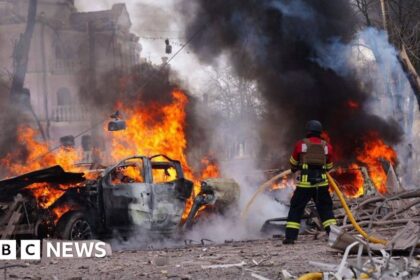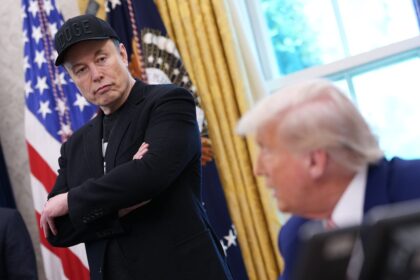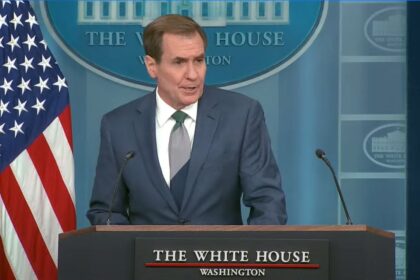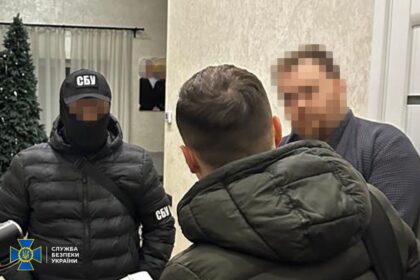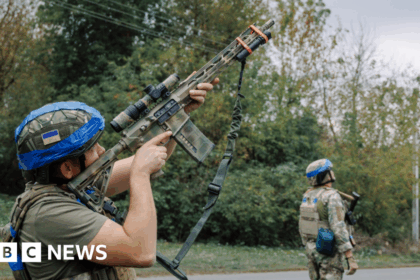**Russia’s Victory Day Celebrations: A Showcase of War Propaganda and Aggression**
As the world marks the 80th anniversary of World War II’s end, Russia is using its Victory Day celebrations to justify its current aggression against Ukraine. The country has constructed a full-scale replica of Berlin’s Reichstag in Moscow, which will host immersive performances depicting Soviet forces capturing the building in the final days of World War II.
The performances, titled “Victory! The Flag over the Reichstag!”, will feature around 30 pieces of military equipment, including fighter planes and tanks. Director Igor Ugolnikov, who has been placed on Ukraine’s sanctions list, explained that modern technology allows for a high level of immersion in the story. However, this spectacle is not just about historical accuracy; it’s a calculated move to reinforce Russia’s national identity and justify its aggression against Ukraine.
**The Forgotten Hero: A Ukrainian Soldier Who Raised the Soviet Flag**
While Russia presents the Soviet victory as solely a Russian merit, the actual hero who led the operation to raise the Soviet flag over the Reichstag was Lieutenant Oleksiy Berest, a Ukrainian soldier. Despite his significant contribution to the war effort, Berest did not receive the Hero of the Soviet Union award, which instead went to other soldiers. It wasn’t until 2005 that he was posthumously awarded the title of Hero of Ukraine by former President Viktor Yushchenko.
**Russia’s Ceasefire Proposal: A Strategic Move to Manipulate Perceptions**
Meanwhile, Russian President Vladimir Putin announced a temporary ceasefire to mark the 80th anniversary of Victory Day. However, this proposal is widely seen as a strategic move to manipulate perceptions and strengthen Russia’s military position. The Institute for the Study of War (ISW) described Putin’s truce proposal as an attempt to force Ukraine into a difficult stance, distract from his rejection of a broader US-Ukrainian ceasefire proposal, and allow Russian forces to rest and prepare for future operations.
**A War of Narratives**
Russia’s Victory Day celebrations are a prime example of how the country uses historical narratives to justify its aggression. By presenting Soviet victory as solely a Russian merit, Russia seeks to legitimize its current actions in Ukraine as a continuation of the historical fight against fascism. However, this narrative is flawed and overlooks the significant contribution made by Ukrainian soldiers like Lieutenant Oleksiy Berest.
As the world marks the end of World War II, it’s essential to remember the real heroes who fought for freedom and democracy. Russia’s Victory Day celebrations should be seen as a propaganda spectacle, rather than a genuine commemoration of the past.




